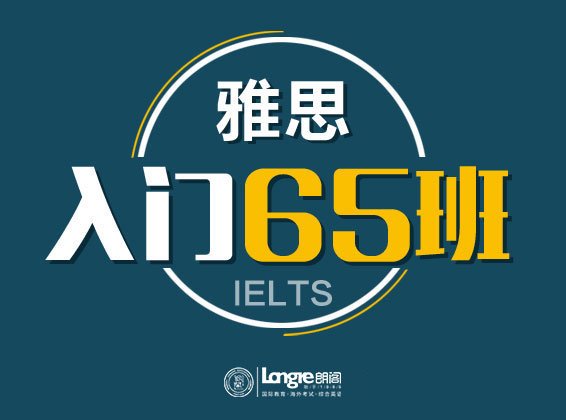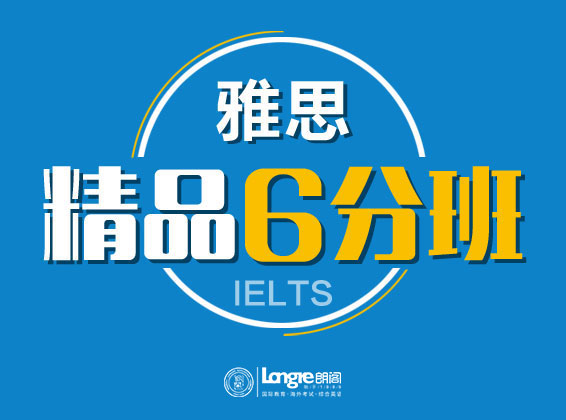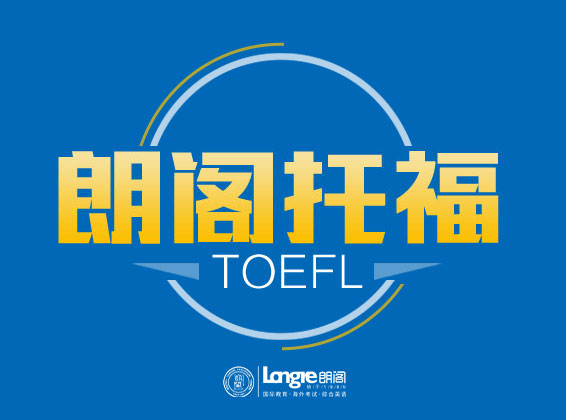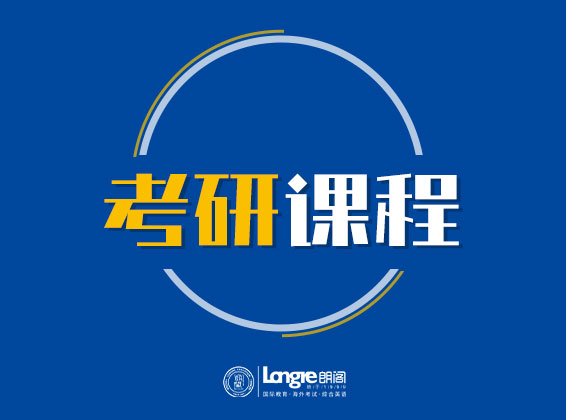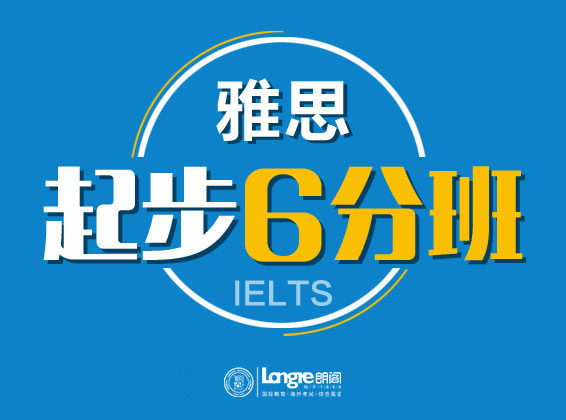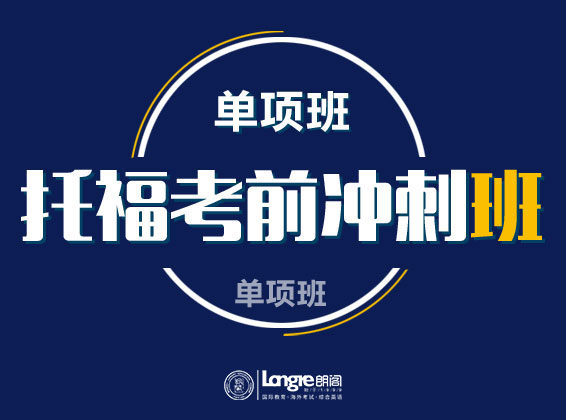|
P1新西兰的维京人 P2关于睡眠 P3关于记忆力 朗阁讲师点评 1. 本场考试的难度较难。 2. 整体分析:涉及人文历史类(P1)、科学类(P2)、科学类(P3)。 本次考试整体反馈难度较大。三篇文章基本都是新题。 3. 部分答案及参考文章: Passage 1:新西兰的维京人 题型:判断+待回忆 Passage 2:关于睡眠 题型:待回忆 参考文章 SLEEP A. Like many things about your body, scientists and medical professionals still have a lot to learn about the process of sleep. One earlier misconception that has now been revised is that the body completely slows down during sleep; it is now dear that the body’s major organs and regulatory systems continue to work actively – the lungs, heart and stomach for example. Another important part of the body also operates at night – the glands and lymph nodes, which strengthen the immune system. This is commonly why the body’s natural immunity is weakened with insufficient sleep. B. In some cases, certain systems actually become more active while we sleep. Hormones required for muscle development and growth, for instance, as well as the growth of new nerve cells. In the brain, activity of the pathways needed for learning and memory is increased. C. Another common myth about sleep is that the body requires less sleep the older we get. Whilst It is true that babies need 16 hours compared to 9 hours and 8 hours respectively for teenagers and adults, this does not mean that older people need less sleep. However, what is true if that for a number of different factors, they often get less sleep or find their sleep less refreshing. This is because as people age, they spend less time in the deep, restful stages of sleep and are more easily awakened. Older people are also more likely to have medical conditions that affect their sleep, such as insomnia, sleep apnoea and heart problems. D. Getting a good sleep is not just a matter of your head hitting the pillow at night and waking up in the morning. Your sleep goes in cycles throughout the night, moving back and forth between deep restorative sleep and more alert stages with dreaming. As the night progresses, you spend more time in a lighter dream sleep. E. Sleep patterns can be broken down into two separate and distinct stages – REM and NREM sleep, REM (Rapid Eye Movement) sleep is when you dream. You usually have 3 to 5 periods of REM sleep each night, lasting from 5 minutes to over an hour, during which time your body’s activities increase. Breathing becomes fast, shallow and uneven, with an increase in brain activity, heartbeat and blood pressure. Although your major muscles generally don’t move, fingers and toes may twitch and body temperature changes and you may sweat or shiver. F. Research has concluded that this sleep is most important for your brain. It is when it is most active, processing emotions and memories and relieving stress. The areas used for learning and developing more skills are activated. In fact, the brain waves measured during REM sleep are similar to those measured when awake. G. NREM (Noil-Rapid Eye Movement) sleep is dreamless sleep. NREM sleep consists of four stages of deeper and deeper sleep. As you move through the stages, you become more relaxed, less aware of what is happening around you and more difficult to wake. Your body’s activity will also decrease as you move through the NREM stages, acting in the opposite manner to REM sleep. Stage 1 of NREM sleep is when you are falling to sleep. This period generally lasts between 5 and 10 minutes, during which time you can be woken easily. During stage 2, you are in a light sleep- the in-between stage before your fall into a deep sleep. It lasts about 20 minutes. In stage 3, deep sleep begins, paving the way for stage 4, in which you are difficult to awake and unaware of anything around you. This is when sleep walking and talking can occur. This is the most important stage for your body. Your brain has slowed right down and is recovering. Blood flow is redirected from your brain to your large muscles allowing them to mend any damage from your day at work. People woken quickly from stage 4 sleep often feel a sense of disorientation, which is why it is helpful to use an alarm clock with an ascending ring. H. About an hour and a half into your sleep cycle you will go from deep Stage 4 sleep back into light Stage 2 sleep, then into REM sleep, before the cycle begins again. About 75% of your sleep is NREM sleep. If you sleep for eight hours, about six of them will be NREM sleep. As the night progresses, you spend more time in dream sleep and lighter sleep. I. When you constantly get less sleep (even 1 hour less) than you need each night, it is called sleep debt. You may pay for it in daytime drowsiness, trouble concentrating, moodiness, lower productivity and increased risk of falls and accidents. Although a daytime nap cannot replace a good night’s sleep, it can help make up for some of the harm done as a result of sleep debt. But avoid taking a nap after 3 pm as late naps may stop you getting to sleep at night. And avoid napping for longer than 30 minutes as longer naps will make it harder to wake up and get back into the swing of things. Questions 13-16 Do the following statements agree with the information, given in the reading passage? In boxes 13-16 on your answer sheet write TRUE if the statement agrees with the information FALSE if the statement contradicts the information NOT GIVEN If there is no information on this 13 _________________ It was previously believed that biological processes slowed during sleep. 14 _________________ Teenagers lose less sleep than adults when they have a medical condition. 15 _________________ During the night, our sleep becomes increasingly deep. 16 _________________ Lack of sleep can cause heart problems and other medical conditions. Questions 17-20 Complete the sentences below using NO MORE THAN THREE WORDS AND/OR A NUMBER from the passage for each answer, Write your answers in boxes 17–20 on your answer sheet. REM sleep can help reduce 17 _________________ During REM sleep, 18 _________________ are similar to those recorded whilst awake. During Stage 1 NREM sleep, you can be 19 _________________ with little effort. Suddenly being woken from deep sleep can cause 20 _________________ Questions 21-22 Choose TWO letters, A-E. Write your answers in boxes 21-22. NB Your answers may be given in either order. REM sleep Ais more common for younger people. Bis when we dream. Cmay cause your extremities to move of their own accord. Dlasts about an hour a night. Eis when the brain is most relaxed. Questions 23-27 The reading passage has nine paragraphs, A-I. Which paragraph contains the following information? Write the correct letter A-I in boxes 23-27. 23 _____________ Differences in sleep patterns between generations 24 _____________ Brain activity is limited as resources are diverted 25 _____________ Repetition of the cycle 26 _____________ Dangers of accumulated lack of sleep 27 _____________ Increased activity during sleep Passage 3:关于记忆力 题型:待回忆 具体文章题型和参考答案待确认 考试建议 1.从***近考试来看,雅思阅读的难度经历过提升后逐步稳定,想要取得**的同学,需要掌握高频词之后尽量的积累更多的雅思词汇,以提升整体阅读的速度。同时,更多更广地接触雅思真题文章(不局限在剑桥),也有助于做好充分准备。 2. 重点浏览2017到2021年机经。 |
文中图片素材来源网络,如有侵权请联系删除




